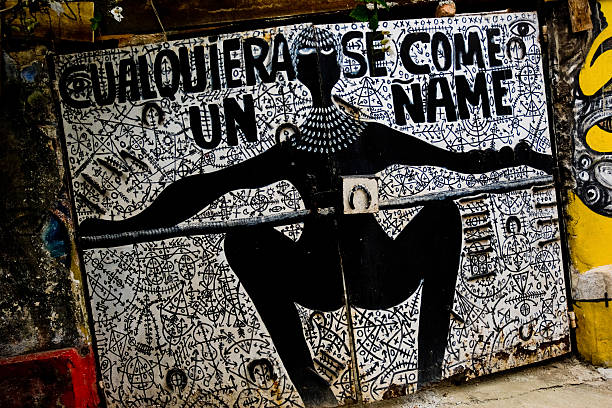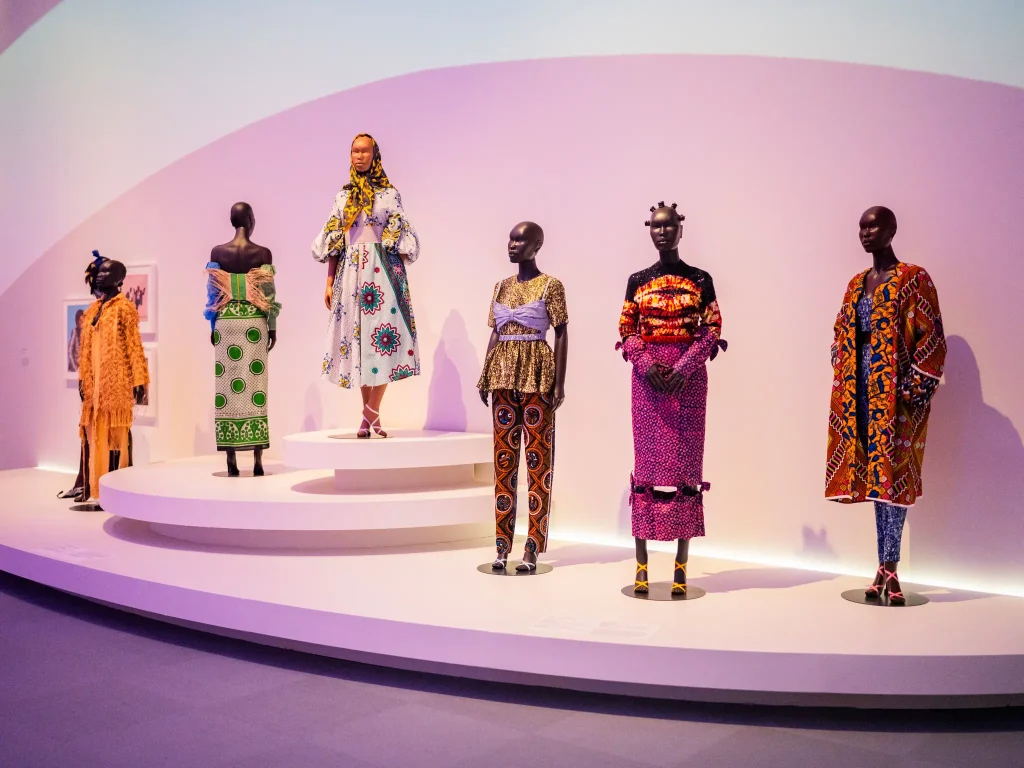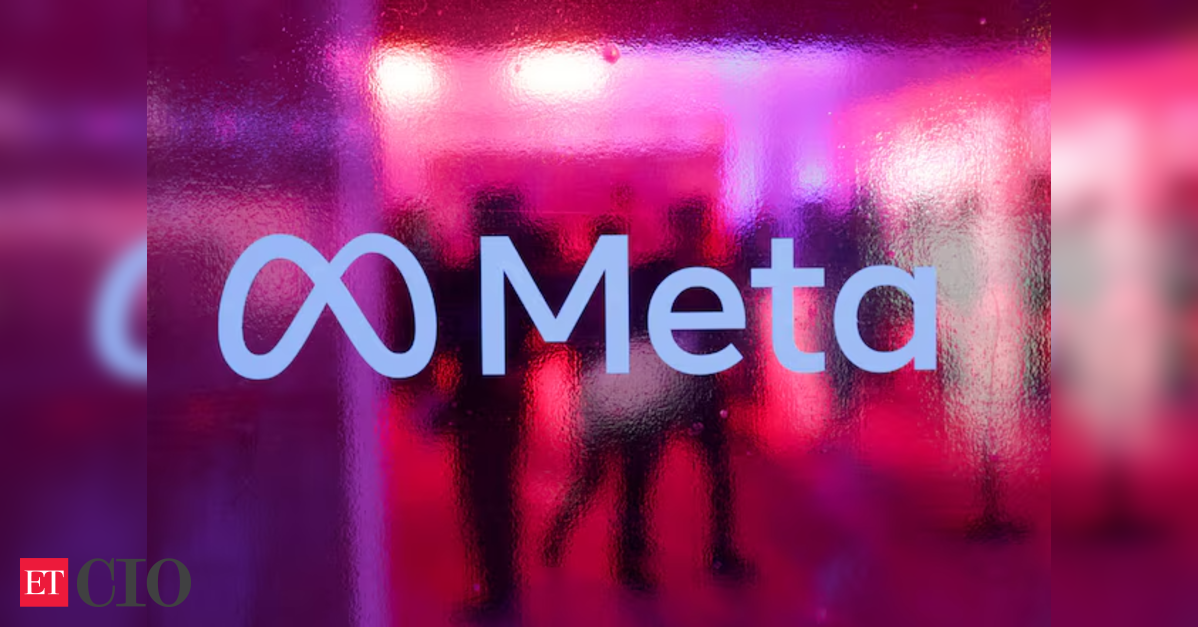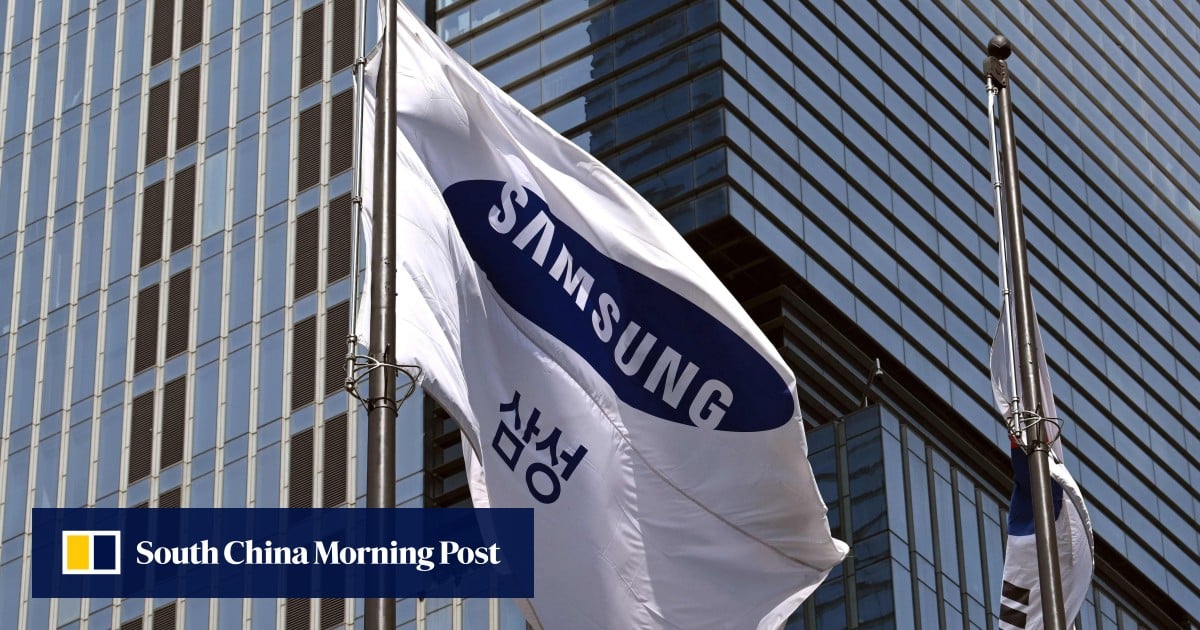Pakistan Announces Initiative for National Strategic Bitcoin Reserve

Pakistan has made a significant stride onto the global digital stage, spearheaded by a groundbreaking announcement at Bitcoin Vegas 2025. Bilal Bin Saqib, serving as Pakistan’s Minister for Crypto & Blockchain and CEO of the Pakistan Crypto Council, unveiled the nation's first government-backed strategic Bitcoin reserve before an elite audience that included U.S. Vice President JD Vance, Eric Trump, and Donald Trump Jr. This move signals more than a policy shift; it represents a concerted effort to rebrand Pakistan as a forward-looking hub of digital innovation, moving beyond past perceptions.
At 34, Bilal Bin Saqib positioned himself as "the voice of a generation — a generation that is online, on-chain, and unstoppable." He highlighted Pakistan's burgeoning digital landscape, home to over 40 million crypto wallets, a median age of 23, and one of the world's largest and most active freelancer economies. This new vision casts Pakistan as a nation powered by its youth, sharpened by necessity, and guided by a new wave of tech-savvy leaders.
A cornerstone of this new strategy is the establishment of a national Bitcoin wallet. This wallet will hold digital assets already in state custody, not for sale or speculation, but as a sovereign reserve. This initiative is designed to signal Pakistan's long-term belief in decentralized finance and to establish a stable foundation for its digital economic future.
Further bolstering its commitment, the Pakistani government has allocated 2,000 megawatts (MW) of surplus electricity in Phase 1 for Bitcoin mining and AI data centers. This strategic allocation aims to attract sovereign miners, technology firms, and clean energy partners from around the globe, repurposing underutilized power resources into a lucrative opportunity. Pakistan's leadership sees this as just the beginning, with ambitions to leverage these technologies for broader economic inclusion.
To regulate and nurture this burgeoning sector, Bilal Bin Saqib is also leading the creation of the Pakistan Digital Assets Authority (PDAA). This dedicated body will be responsible for establishing regulatory frameworks, protecting investors, empowering developers, and formalizing digital finance infrastructure to ensure sustainable growth and security within the ecosystem.
A significant motivation behind these initiatives is the desire to address the needs of Pakistan's over 100 million unbanked citizens. Bilal expressed a strong belief that cryptocurrency can provide these individuals with tools for saving and investment, potentially enabling them to "break their economic classes" and achieve financial empowerment. He also declared, "Both Pakistan and Bitcoin have suffered from bad PR, but if you look past the headlines, you’ll see something else: talent, resilience, and vision."
The announcement at Bitcoin Vegas 2025 concluded with a powerful call to action for the global Web3 community: "If you’re building something real — come build it in Pakistan. Come build wallets for the unbanked. Come tokenize land. Come scale your mission with our youth and our unstoppable grit." During his address, Bilal also thanked Donald Trump for his role as a "peacemaker in the recent India-Pakistan conflict and for his commitment to crypto adoption."
However, while Pakistan charts an ambitious course in the digital realm and extends invitations for global collaboration, its citizens, particularly students aspiring to study in the United States, are navigating a complex and challenging international environment shaped by U.S. policies.
Donald Trump’s administration has initiated an expanding crackdown on elite U.S. universities, which the president views as obstructing his “Make America Great Again” agenda. This campaign has unsettled the country's reputation among foreign students, who number around one million, creating widespread stress and anxiety for those already enrolled and causing others to reconsider their plans.
Abdullah Shahid Sial, a 20-year-old Pakistani student studying applied mathematics and economics at Harvard, described the Trump administration's campaign against U.S. universities as "dehumanizing." He noted the unfortunate situation for young international students, many of whom are in the U.S. for the first time without family support. Sial advised acquaintances to develop backup plans if U.S. colleges become inaccessible, citing a friend who opted for a UK institution over Harvard and Columbia Law due to the prevailing uncertainty.
The sentiment is shared by other international students. Karl Molden, a Harvard government and classics student from Austria, expressed uncertainty about his ability to return to the U.S. after summer vacation due to Trump's move to block Harvard from hosting and enrolling foreign students—a decision affecting roughly 27% of Harvard's student population. Though a judge temporarily paused this action, it has already thrown student plans into disarray, prompting Molden to apply to Oxford as an alternative.
Harvard academics have also voiced concerns, noting feedback from international colleagues who are now hesitant to encourage their best students to pursue education in the United States. Professor Ryan Enos of Harvard remarked on this shift, questioning whether they can continue to confidently recommend U.S. institutions.
The administration's actions include blocking Harvard from hosting international scholars (a move being challenged legally), targeting non-citizen campus activists for deportation, and, most recently, suspending student visa processing across the board. This suspension is reportedly to allow for more stringent screening of applicants' social media activity and protest involvement. The NAFSA Association of International Educators criticized this as a poor use of taxpayer dollars, given that international students are already heavily vetted. Meanwhile, Trump has continued his verbal assaults on institutions like Harvard, urging them to "behave themselves."
Students caught in this maelstrom find themselves in limbo. Alfred Williamson, a 20-year-old Welsh-Danish physics and government student at Harvard, described being "completely in the dark" and, like many others, is clinging to the hope that Harvard will prevail in its legal battles. Abdullah Shahid Sial poignantly summarized the students' plight, stating they were "made to fight this battle which no one signed up for."
Thus, Pakistan's narrative unfolds on two distinct yet concurrent fronts: one of ambitious technological advancement and economic transformation driven by digital innovation, and another reflecting the real-world challenges its citizens face as they interact with a shifting global political and educational landscape.
You may also like...
The Names We Carry: Why Africa’s Many-Name Tradition Shouldn’t Be Left Behind

"In many African communities, a child's birth is marked with a cascade of names that serve as fingerprints of identity, ...
WHY CULTURAL APPROPRIATION ISN’T ALWAYS OFFENSIVE

In a world of global fusion, is every act of cultural borrowing theft—or can it be respect? This thought-provoking essay...
Africa’s Health Revolution: How a New Generation is Redefining Global Wellness from the Ground Up

Move beyond the headlines of health challenges. Discover how African youth and innovators are using technology, traditio...
Kwame Nkrumah: The Visionary Who Dreamed of a United Africa
(13).jpeg)
Discover the powerful legacy of Kwame Nkrumah, Ghana’s first president and a pioneer of Pan-Africanism, whose vision for...
Meet the Theremin: The Weirdest Instrument You’ve Never Heard Of

From sci-fi movies to African studios? Meet the theremin—a touchless, ghostly instrument that’s making its way into Afri...
Who Told You Afro Hair Isn’t Formal?

Afro hair is still widely seen as unprofessional or “unfinished” in African society. But who decided that coils, kinks, ...
1986 Cameroonian Disaster : The Deadly Cloud that Killed Thousands Overnight

Like a thief in the night, a silent cloud rose from Lake Nyos in Cameroon, and stole nearly two thousand souls without a...
How a New Generation is Redefining Global Wellness from the Ground Up

Forget fast fashion. Discover how African designers are leading a global revolution, using traditional textiles & innov...



